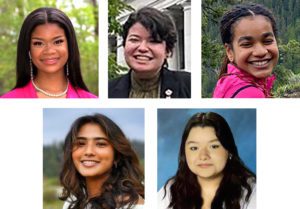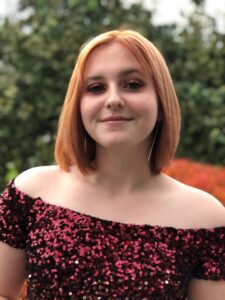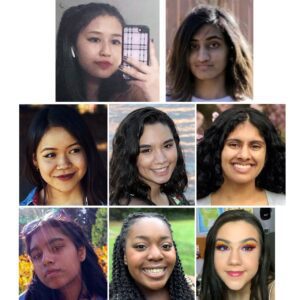Empowering Students through Enhanced Financial Literacy
By Natalie So
Guest Blogger

Growing up, I often witnessed how a lack of financial knowledge could negatively impact people’s lives. This understanding deepened when I began volunteering with the Korean Adoptee Family Foundation (KORAFF), an organization dedicated to empowering Korean adoptee communities through education and advocacy. It was during my term serving as president of KORAFF that I truly grasped the transformative power of advocacy, no matter what age you are. I once believed that change could only be made from positions of power, but as I helped adoptees grow and flourish, I saw the significant impact that grassroots advocacy can have on making influential changes within society.
These experiences fueled my passion for addressing other systemic issues, such as the educational inequities within my school, where children with disabilities were often neglected due to a lack of funding and resources. Witnessing these challenges led me to passionately support House Bill 1915, which aims to make financial literacy education a mandatory part of the school curriculum. Read More
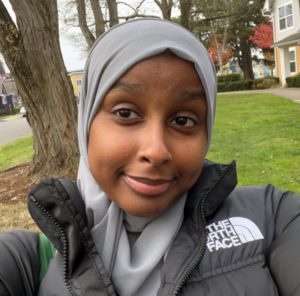 In our
In our 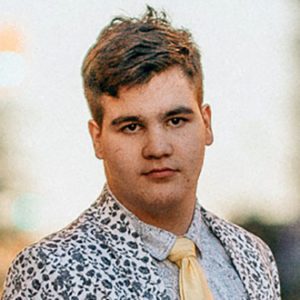 In our
In our 